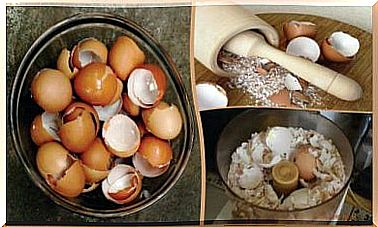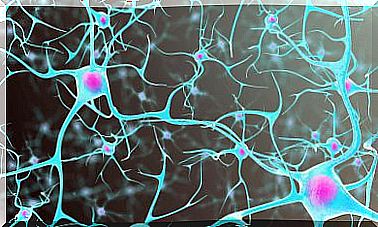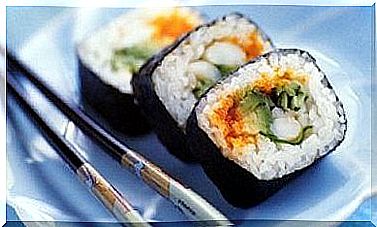What Do You Know About A Cough Associated With A Cold?
Cold-related cough is one of the most common symptoms in winter. Although it is not only a symptom of disease, but also a defense mechanism of the body. It serves to expel secretions and foreign particles that may appear in the respiratory tract.
Coughing can have a number of causes, including:
- Infectious inflammatory processes that affect the respiratory tract.
- Inhalation of irritating or toxic substances.
- Chronic respiratory diseases.
- Side effects of a drug.
Types of cough associated with colds

Dry cough
Dry cough occurs as a consequence of irritative stimuli on the pharynx, larynx, and upper respiratory tract. On many occasions, the cough itself increases irritation and the urge to cough, creating a vicious cycle. This results in your throat being more irritated.
In these cases, treatment is aimed at reducing the intensity and frequency of the cough. Generally, antitussives with central or peripheral action are used, or natural substances that protect the mucous membranes from irritating factors.
Productive cough
It is produced by the stimulation of the nerves of the lower respiratory tract, accompanied by mucus. Depending on the consistency of the mucus, it will be more or less easy for you to cough it up.
It is not advisable to suppress this type of cough, since it is a defense mechanism for the expulsion of the agents that originate it. However, treatments can be given to thin the mucus, reduce its viscosity, and make it easier to pass.
Dry cough that progresses to a productive cough
In the early stages of the cold, a dry cough usually appears, a consequence of the irritative and inflammatory process. However, as the process progresses, inflammation of the airways leads to increased mucus production.
This mucus becomes thick and viscous, appearing a productive cough as a defense mechanism to expel the mucus. It is a natural evolution of the cough associated with the cold and should not alarm us.
How to treat a cough associated with a cold with herbal medicine?
In the field of herbal medicine there are plant species and other ingredients of natural origin that, individually or in combination, act on different types of cough. The action they exert on the cough can be of three types:
- Demulcent and protective
- TO ntitusive
- Expectorant
Among the components most used by phytotherapy for these treatments are mucilages, saponins, flavonoids and essential oils.
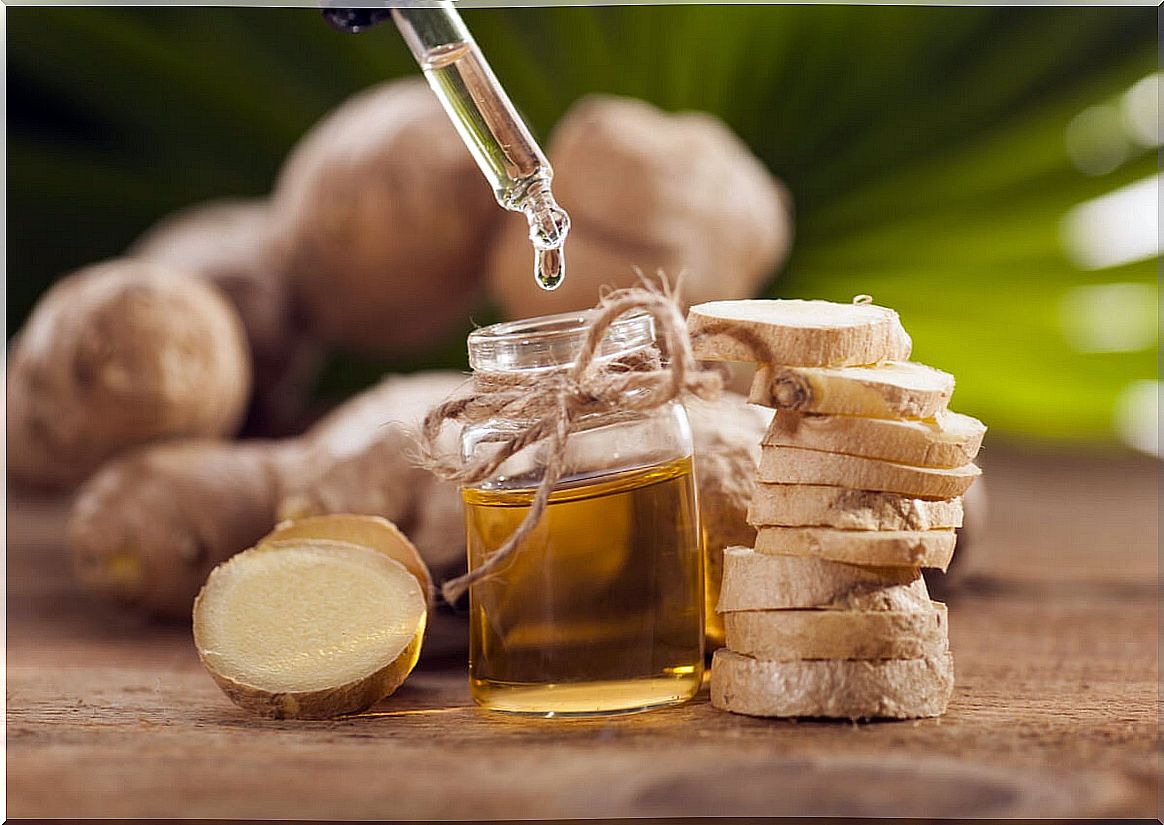
Mucilages
Mucilages are polysaccharides that have a demulcent and protective effect on the mucous membranes against irritative agents. At the same time, they can give water to the mucous membranes and hydrate them, which favors the fluidization of the mucus, and therefore facilitates its expulsion.
They are used both in preparations for dry coughs and for productive coughs. Plants with mucilages include, among others, aloe, altea or marshmallow, poppy, mullein, plantain and mallow.
Saponins
Saponins act primarily as expectorants through two different mechanisms. On the one hand, by reflex action mediated by the vagus nerve, they induce bronchial secretion, and on the other hand, when they come into contact with the mucus they thin it, facilitating its expulsion.
The main plants that are used, due to their saponin content, and that are indicated as expectorants are: ivy, polygal, primrose or spring and licorice. Among them, the most used is ivy, although its mechanism of action is not fully known.
However, according to a report by the European Medicines Agency (EMA), the results of recent studies point to that the saponins of ivy leaves favor the dilation of the bronchi and stimulate the secretion of phlegm.
Essential oils
The essential oils used to treat coughs associated with colds have antimicrobial action in common. Due to their composition, essential oils offer various therapeutic properties, such as being balsamic, antitussive and expectorant. When administered orally, they exert their effect locally on the respiratory system.
Essential oils are used to treat respiratory conditions such as Scots pine, ravintsara and oregano. They can be used alone or in combination, and not only serve to treat diseases, but also to prevent them.
What else is there to watch out for?
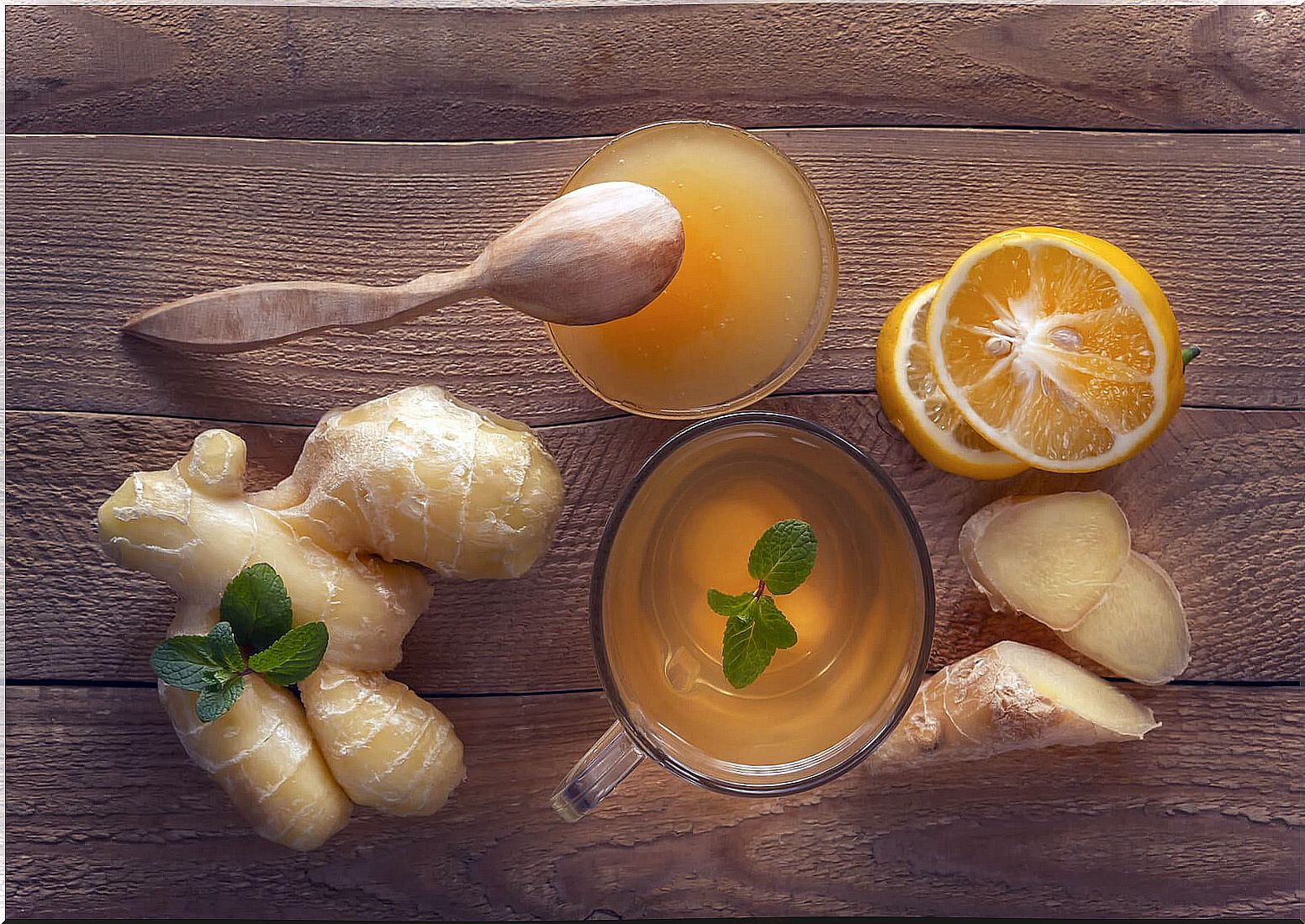
Apart from pharmacological treatments for cough associated with colds, herbal medicine can be a good adjuvant in some cases, if the doctor authorizes it. This is because m Many of the plant substances can be used for both dry cough and productive cough, but always having first consulted their contraindications, interactions and characteristics to make a safe and timely use.
There are even commercial preparations that are sold in pharmacies, which are made up of natural substances. However, when in doubt about a persistent cough or strange-looking mucus, a medical consultation is necessary.




